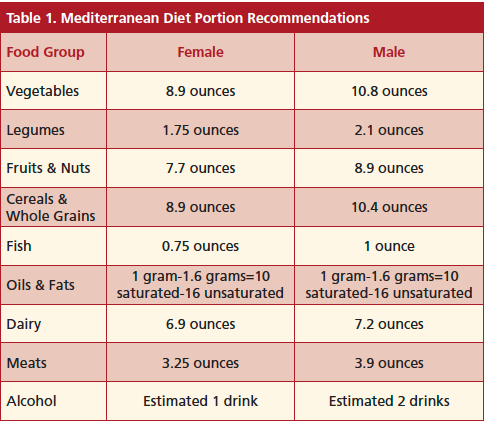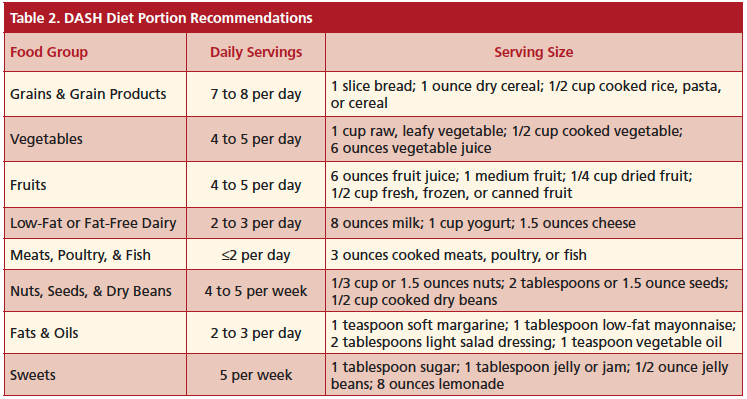Recommended Diets Significantly Improve Cardiometabolic Health
New Orleans—Between 2009 and 2010, 35.7% of US adults were obese according to the Centers for Disease Control and Prevention (CDC). In 2014, the CDC said 1 in 3 American adults have hypertension. These disease states are related to cardiometabolic health and are directly effected by diet.
While there have been multiple diets studied for the prevention and treatment of diet-related cardiometabolic risk factors, most have not included the Mediterranean diet or the Dietary Approach to Stop Hypertension (DASH). Timothy S. Harlan, MD, assistant for clinical services executive director, Goldring Center for Culinary Medicine, presented information on these 2 diets at the CRS meeting.
The Mediterranean diet is based on a scoring system of 0 to 9 with higher scores indicating greater adherence. Each time a recommended amount of a suggested food group is consumed, a point is added. The diet includes 9 categories: (1) vegetables; (2) legumes; (3) fruits and nuts; (4) cereals and whole grains; (5) fish; (6) oils/fats; (7) dairy; (8) meats; and (9) alcohol. Each category has a recommended portion size (Table 1).
Dr. Harlan referred to a study conducted by Trichopoulou and colleagues that assessed the Mediterranean diet and its affect on the survival of the Greek population. The study found that a higher degree of adherence to the Mediterranean diet was correlated with a reduction in total mortality, with a 2-point increment in the scoring system corresponding to a 25% reduction in total mortality. There was an inverse association between greater adherence to the Mediterranean diet and death due to coronary heart disease (adjusted hazard ratio [HR], 0.67; 95% confidence interval [CI], 0.47-0.94) and death due to cancer (adjusted HR, 0.76; 95% CI, 0.59-0.98) [N Engl J Med. 2003;348(26):2599-2608].
Another highly recommended diet for cardiometabolic health is DASH, which is promoted by the National Heart, Lung and Blood Institute (NHLBI). Its goal is to prevent and control hypertension. DASH is adapted from the Mediterranean diet and was created to appeal to Americans (Table 2).
The NHLBI conducted a study to determine the effects of DASH on hypertension. The study found that DASH lowered systolic blood pressure (SBP) among participants on average of 6 mm Hg and lowered diastolic blood pressure (DBP) on average of 3 mm Hg. Patients with stage 1 hypertension experienced an average reduction in SBP of 11 mm Hg and an average reduction in DBP of 6 mm Hg. For many patients, these reductions are significant enough that they will no longer require medication to control their blood pressure (BP). These reductions in BP were seen within 2 weeks of patients starting DASH, according to the NHLBI.
Dr. Harlan concluded the presentation by emphasizing how important it is for physicians to act as salespeople when encouraging a patient to start either the Mediterranean or DASH diet, and they need to also take their own advice. “Talk the talk and walk the walk,” said Dr. Harlan.—Melissa Cooper
























